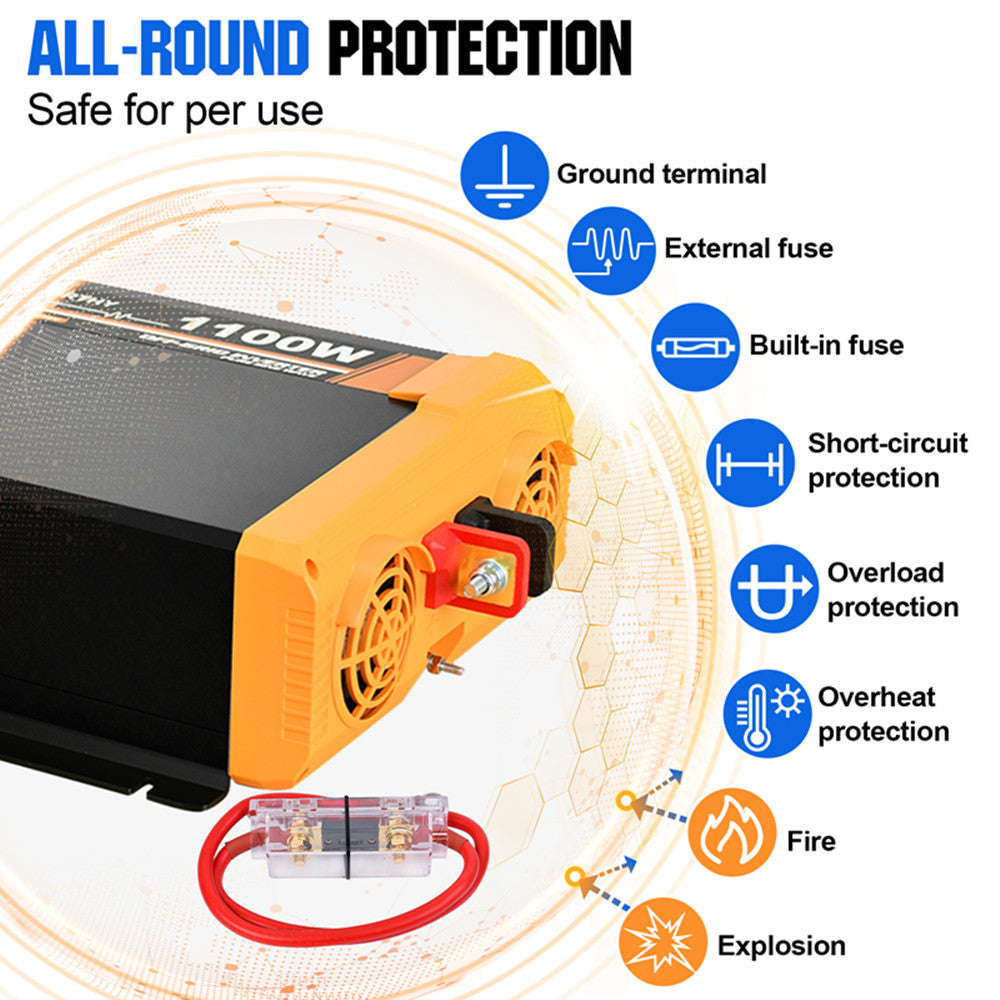The Importance of Inverters in Solar Power Systems: How They Enhance Efficiency
الجسم
In the realm of renewable energy, inverter solar power systems play a pivotal role in converting solar energy into usable electricity. Understanding the function and significance of inverters is essential for anyone considering solar power for their home or business.

What is an Inverter in Solar Power Systems?
An inverter is a device that transforms direct current (DC) electricity generated by solar panels into alternating current (AC) electricity, which is the standard form of electricity used in homes and businesses. Without an inverter, the energy produced by solar panels would be unusable for most electrical appliances. But how do these devices enhance the overall efficiency of solar power systems?
Types of Inverters in Solar Power
There are several types of inverters used in inverter solar power systems, each with unique advantages:
- String Inverters: These are the most common type, connecting multiple solar panels in a series. They are cost-effective but can be less efficient if one panel is shaded.
- Microinverters: These are installed on each solar panel, allowing for individual panel optimisation. They are ideal for installations with shading issues.
- Power Optimisers: Similar to microinverters, power optimisers are attached to each panel but still connect to a central inverter. They enhance performance while maintaining lower costs.
Enhancing Efficiency with Inverter Solar Power
The efficiency of a solar power system is significantly influenced by the type of inverter used. For instance, microinverters can maximise energy production in partially shaded conditions, which is crucial for optimising energy yield. Additionally, advanced inverters come equipped with monitoring systems that provide real-time data on energy production and system performance. This information allows users to make informed decisions about their energy consumption.
Choosing the Right Inverter for Your Solar Power System
When selecting an inverter for your inverter solar power system, consider the following factors:
- System Size: Larger systems may benefit from string inverters, while smaller installations might find microinverters more effective.
- Shading Issues: If your panels are likely to be shaded, microinverters or power optimisers can help mitigate energy loss.
- Budget: While microinverters are generally more expensive, their efficiency may justify the cost in certain scenarios.
For those interested in exploring high-quality solar inverters, visit  for a comprehensive selection.
for a comprehensive selection.
Conclusion
In conclusion, inverters are a crucial component of inverter solar power systems, significantly impacting their efficiency and performance. By understanding the different types of inverters and their functions, consumers can make informed decisions that enhance their solar energy experience. As the world shifts towards renewable energy, the importance of selecting the right inverter cannot be overstated.











تعليقات